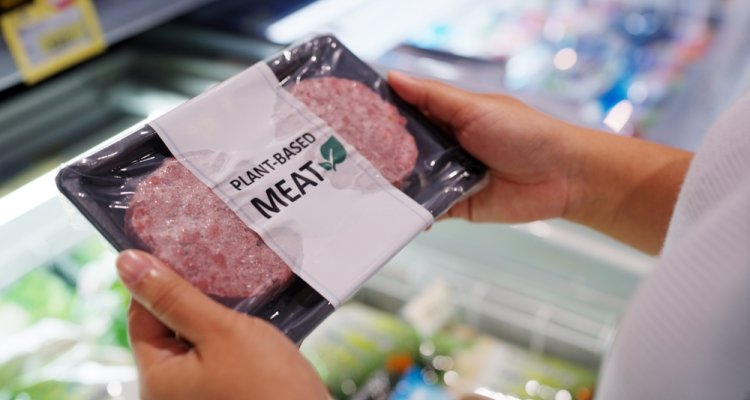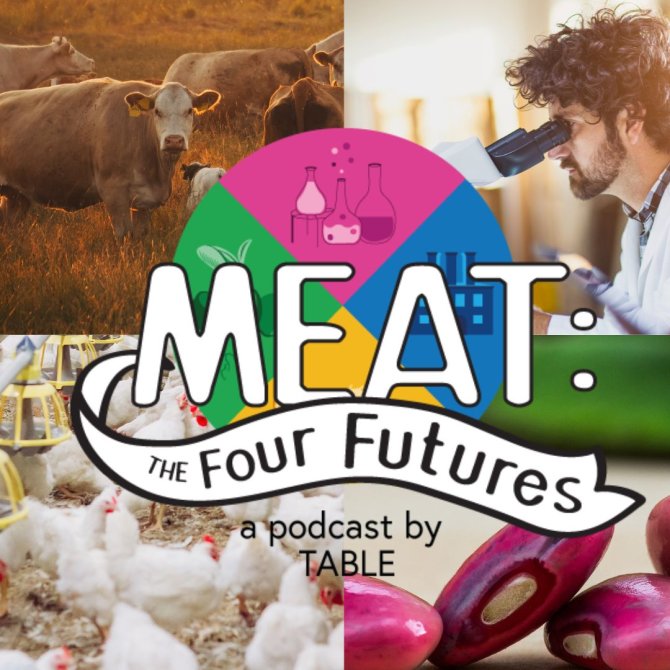
News
A new podcast explores more, less, alternative, or no meat at all
Are our choices in the grocery store based on facts, values, habits, or simply a gut feeling of what feels right? TABLE, a platform run by three European universities, including Wageningen University and Research (WUR) is now launching a podcast that takes a holistic view of the future of meat, exploring four very different future scenarios. The goal is to provide a broadened perspective in the polarised debate about meat and to pave the way for informed decisions.
The question of whether we should eat meat - and which meat and how much - is a highly topical, sensitive and decisive question, not least from a climate and sustainability perspective. We know our current food system must change – but how? The debate pertaining to this question often becomes polarised and stagnated, instead of nuanced and responsive.
To increase the understanding of how many different perspectives there are regarding the future of meat, the podcast Meat: the Four Futures lets over 30 voices from around ten countries around the world be heard. The ambition is to find common ground, to identify the difference between facts and values and to give listeners the chance to become better listeners. Meat: the Four Futures will release one episode a week until the summer.
How does Lars Appelqvist, CEO of HKScan, a Nordic meat company, see the future of meat? What alternative proteins does Nicole Rocque, Innovation Specialist at the Good Food Institute in India, suggest? Can you run sustainable agriculture without any animals, or do they have to enter the equation? Is meat an unbeatable source of nutrition, or is meat food that humans, after millennia, are moving away from?
Three universities explore four futures for meat

Meat: the Four Futures is a science-based conversation about meat consumption and meat production, produced by TABLE, a collaboration between the three universities Wageningen University and Research (WUR), the University of Oxford, and the Swedish University of Agricultural Sciences (SLU).
The four future scenarios explored are:
- Efficient meat 2.0 - The only way to feed billions or the root of society's problems?
- Plant-based ’no meat’ - Planet-friendly eating or going against our nature?
- Alternative ’meat’ - A utopian evolution or science fiction dystopia?
- Less meat - Triple win for people, planet and animals or elitist and unrealistic?
Interacting with the listeners
Meat: The Four Futures isn’t about communicating what the future ought to be - instead it invites listeners to see themselves in the futures described and to contribute their own thoughts. In addition to sending recordings of your views to be woven into a final episode, you can take a values-based quiz to see what your ‘good’ future turns out to be. The project is also providing a digital dialogue platform on TABLE's website, in order to capture reflections and questions, as well as provide space for continued discussion.
Listeners can find and subscribe to the podcast using their podcast platform of choice.
TABLE is a global platform for knowledge synthesis, for reflective, critical thinking and for inclusive dialogue on debates about the future of food.